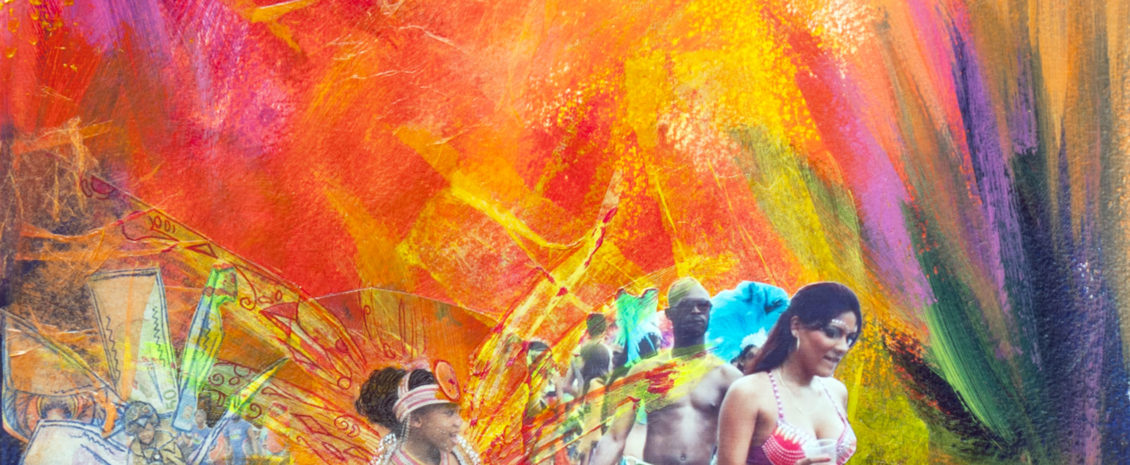
Featured Image: close up of Colour Explosion by Leigh
04 Dec 2019
So I’ve just finished my 3rd curatorial interview and once again, I’m buzzing. Janine Francois was just as amazing as C1 and Shasti Lowton. After each interview I’ve found myself plotting ways to work with these amazing curators. Anyway… time for the low-down. The highlights of this interview for me were as follows:
No.1 – Dream Big! Then figure out what you need to make that dream happen.
Francois was very very clear that her process involved getting a clear vision of what the end result would look like then assessing whether she had the skills and knowledge to make it happen. If she found gaps in her knowledge and skills, she then looked around for people that had the skills she was missing to collaborate with. I have never considered this kind of skills assessment before but it seems so obvious. Duh Stacey!
Also on the Dream Big theme… please can I get an amen for the person who tells me to dream big? To be fair, neither C1 nor Shasti Lowton told me to dream small but Lowton did suggest I manage my expectations. A suggestion I will certainly take on board because I can understand their reasoning but thinking small before I even start? This just feels wrong to me. I’m a creative, an artist, my imagination frequently runs away with me, it’s my natural state of being. What Janine Francois has done here is give me a really sweet bridge between the big dreams and the real life limitations. Starting big and then sizing down for practicality feels much better to my artist’s soul than starting with a small vision to begin with.
No. 2 – Be clear and Stand firm.
This was advice that she applied to several things, like:
- When curating as a collective – be clear about expectations and establish personal boundaries if your collaborators are also friends.
- When working with a venue – be clear about what you need and don’t bend under pressure. Be sure they understand your expectations and be unapologetic about sticking to your agreement e.g. if you need the venue to be a safe space for the audience, make sure they know what a safe space is, how to create it and how you expect them to honour that.
- When pursuing a Passion Project – again with the personal boundaries. Do not use my own money, and it’s my mind, I can change it if need be. Don’t feel guilty about that. I feel like I want to add, unless you’re being unfair to others but it was quite clear from the context in which she said this that she was referring to instances where you commit to something where either you didn’t have all the information, or under some pressure and then you realise this is not what you want. I think in such an instance she meant that changing your mind is better than carrying on in agony or resentment.
- When creating work that represents or comments on other people’s experience – be clear where their agency starts and stops, who owns the work, how you will include their contributions, etc.
- Trust must be earned not given freely.
- Paper trails girlie. Get shit in writing! And beyond contracts, make sure you don’t go into meetings alone. Know when you need a witness, or numbers to even the odds, or an ally in the room. Especially key when dealing with large cultural institutions. The trust issue leads nicely to…
No. 3 – Curate the team, then the exhibition.
I love this one! Francois likes to get to know who she is working with before she starts the work. She likes to go out socially with them for at least a month first. They don’t need to become best friends, but they need to get to know each other to an extent. It builds team cohesiveness and trust so that the work is easier to do. Makes perfect sense to me.
No. 4 – Respect.
Respect the artists you work with – pay them. Value their time. Respect the audience you’re targeting, be inclusive. Respect the people who work with you. Be humble. When you don’t know, say you don’t know. Respect the people who your work might be representing or commenting on – don’t over-promise. In fact, if you under-promise then you look like a hero if you exceed it. *fist pump* (the fist pump was me, not Francois).
So much more to dissect but for now, I’ve got a 1hr+ train ride ahead of me and an early start tomorrow so I better make my way home. Such an awesome interview!
Happy sigh…
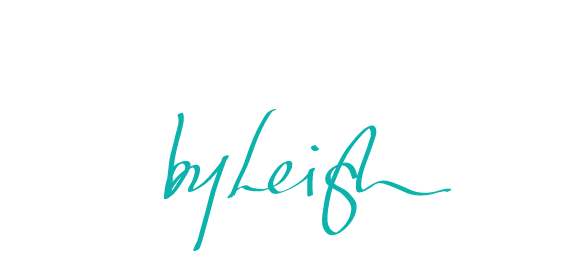
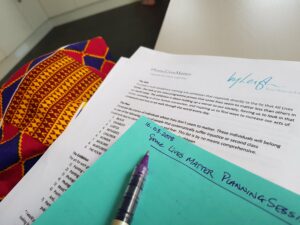
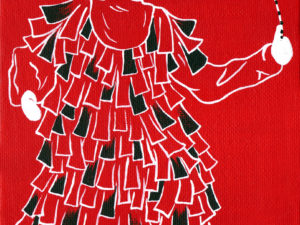
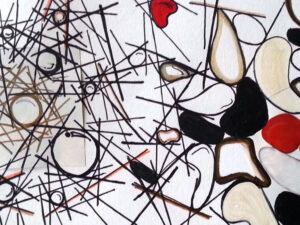

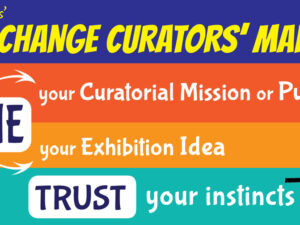

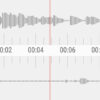

Data data data
Spell this out for me please. You want to see more data? This is producing good/insufficient data? I value the comment and want to make sure I learn more wherever possible but I feel like I’m missing your message here so please can you clarify this for me?